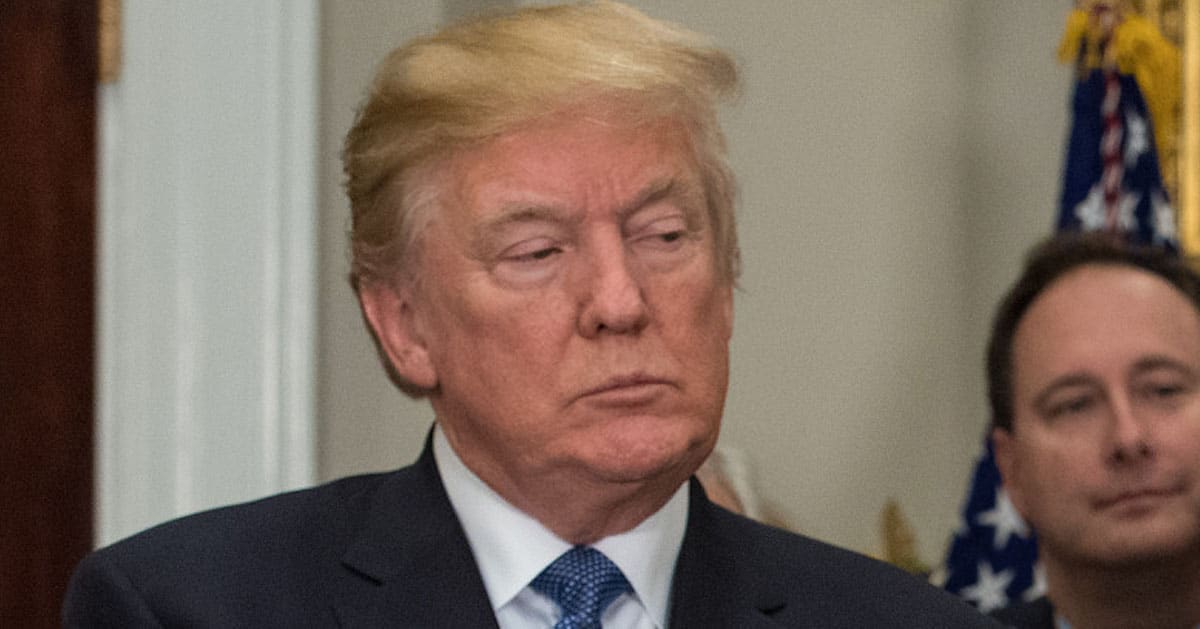





During a recent NPR interview, CNN's Jake Tapper admitted to feeling regret over not being more assertive in discussing concerns about President Joe Biden's cognitive abilities during his presidential campaign.
Breitbart reported that Tapper and co-author Alex Thompson reflected on signs of aging and occasional mental lapses in Biden, while acknowledging that the president's team consistently assured the public of his fitness.
Discussing his book "Original Sin" with co-author Alex Thompson, Tapper highlighted these issues during his appearance on the NPR program "All Things Considered." The interview sparked interest as Tapper discussed his approach to reporting on President Biden's cognitive state.
Tapper and many other mainstream media figures are desperately trying to cover up the fact that they were complicit in the cover-up of Biden's declining health.
Tapper recalled a debate incident that served as a pivotal moment for his concerns. During this event, Biden provided what Tapper described as a "rambling, awful non-answer" when questioned about Medicare policies. This moment stood out in Tapper's memory, prompting his realization of the possible significance of Biden's cognitive slips.
Tapper confessed that he wrote a note to himself about the incident. In his reflection, he emphasized how he and others witnessed Biden's articulation issues during the debate.
Despite these visible moments, Tapper shared that the president's inner circle continually reassured everyone of Biden's overall well-being. Tapper acknowledged that Biden's advisors persuaded donors, cabinet members, and the public about his mental health.
Further commentary from Tapper and Thompson focused on the dichotomy in Biden's presentation. Tapper observed both a "functioning and non-functioning" side to the president, with moments that went beyond typical aging symptoms.
These observations led to more intense scrutiny of Biden's cognitive state by Thompson at the White House. Tapper remarked that Thompson pursued these inquiries aggressively, though Tapper himself was less bold in his approach.
Tapper expressed a sense of humility, admitting to having felt significant regret for not pushing harder in his coverage at the time.
"We had all seen evidence of decline," Tapper stated, acknowledging that such moments were noticeable to those who followed the presidential campaign closely.
Tapper's reflections during the interview revealed an internal struggle between his journalistic instincts and the reassurance provided by Biden's team. This induced a complex dynamic in which Tapper wished he had handled the coverage differently.
Contemplating his role, Tapper underscored his belief in thorough journalism while maintaining a position of responsibility to the public. His insights provide a critical look at the balance journalists must manage when reporting on political figures.
As Tapper continues to evaluate his approach, his insights may influence how future campaigns are covered, particularly regarding candidates' health and cognitive states.
Tapper's candid admissions could prompt discussions on the role of journalism in political reporting, encouraging a reassessment of the balance between objectivity and critical inquiry.
In light of Tapper's recent reflections, his admissions serve as a reminder of the continuous evolution of journalism's standards and the responsibility reporters carry when presenting such information to the public.
Tapper and other mainstream figures lied to Americans for years, and worse, told Americans they were conspiracy theorists for believing their eyes. This PR campaign to rehabilitate their credibility will not succeed easily.



